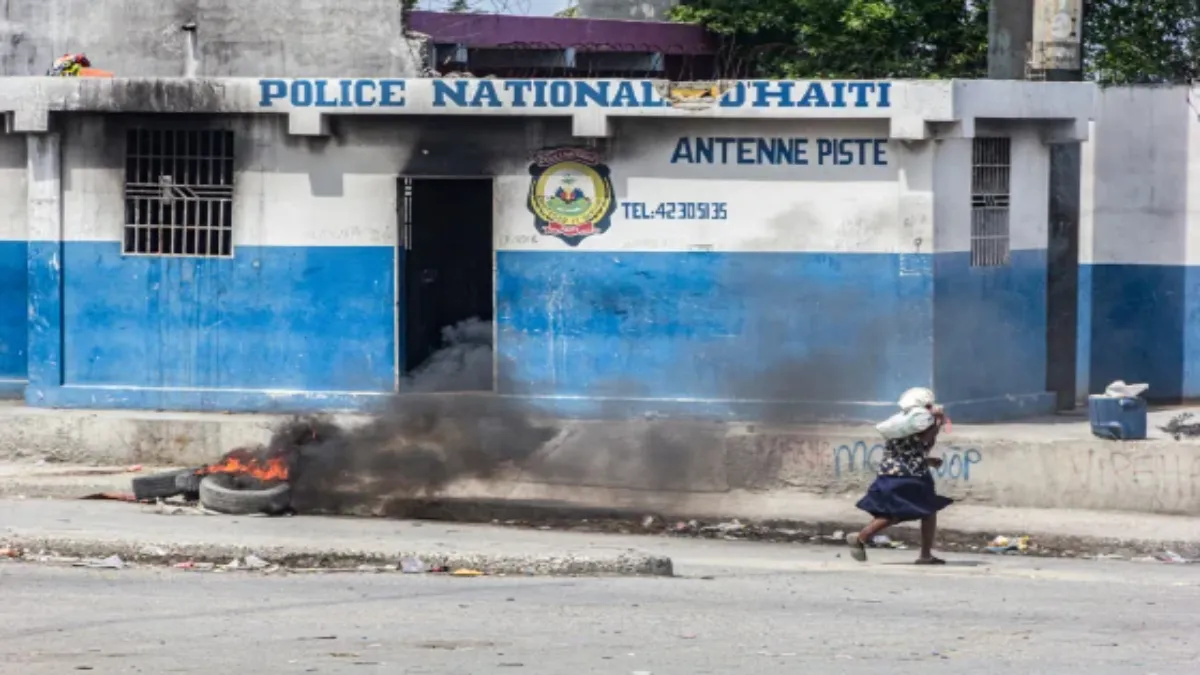As we peer through the lens of hindsight, the tumultuous saga of Haiti’s struggle for stability and prosperity unfolds before us like a tragic novel, filled with missed opportunities, broken promises, and unfulfilled dreams. In the wake of a series of devastating natural disasters and the assassination of President Jovenel Moïse, Haiti finds itself teetering on the brink of collapse, its people caught in the crossfire of political strife, rampant violence, and dire humanitarian need.
The narrative of Haiti’s descent into chaos is one marred by regret and remorse, as we confront the harsh reality of our collective failure to offer meaningful assistance and support to a nation in desperate need. From the halls of power to the corridors of international diplomacy, the echoes of missed opportunities and misguided policies reverberate, haunting us with the knowledge that we could have done more, should have done more, to prevent this unfolding tragedy.
At the heart of Haiti’s turmoil lies a profound sense of betrayal, as promises of aid and assistance have often been met with empty gestures and broken commitments. The international community, including powerful nations like the United States, has too often turned a blind eye to Haiti’s plight, offering fleeting gestures of support while failing to address the root causes of the country’s suffering.
Haiti Crisis Explained
- Political Crisis and Governance Issues: There is a long-standing crisis in Haiti concerning its ability to govern itself effectively, exacerbated by natural disasters and humanitarian emergencies. There is also a power vacuum following the assassination of President Jovenel Moïse in 2021, with Prime Minister Ariel Henry assuming power amidst protests and allegations of corruption.
- Role of Armed Groups: The role of armed groups and militias is perpetuating violence and destabilizing the country further. These groups, some led by former police officers, have been implicated in widespread violence, including killings, kidnappings, and attacks on public institutions.
- Humanitarian Concerns: The dire humanitarian situation in Haiti, with thousands displaced is facing poverty, famine, and limited access to basic necessities like food and medical supplies. There is a massive impact of natural disasters, such as the 2010 earthquake, and subsequent challenges in rebuilding infrastructure and fostering national unity.
- Foreign Intervention and Criticism: There’s criticism of foreign intervention, including from the United States, and its role in exacerbating Haiti’s turmoil. Some scholars and advocates argue that foreign intervention has contributed to the dismantling of the Haitian state and undermined democratic processes.
- Proposed Solutions: There are some proposed solutions to the crisis, including calls for Haitian-led initiatives and the formation of a transitional government with oversight committees. It highlights efforts by various groups, including church leaders, women’s rights organizations, and humanitarian workers, to address the country’s challenges.
As we grapple with the consequences of our inaction, we must confront the uncomfortable truth that the crisis in Haiti is not simply a distant tragedy unfolding on a faraway shore—it is a stark reminder of our shared humanity and our collective responsibility to stand in solidarity with those in need. We cannot undo the mistakes of the past, but we can commit ourselves to a different path forward, one guided by empathy, compassion, and a renewed sense of purpose.
But perhaps the most damning indictment of our collective failure lies in our willingness to ignore the voices of the Haitian people themselves. Time and again, Haitians have called for Haitian-led solutions, for the opportunity to shape their own destiny and chart a course towards a brighter future. And yet, their pleas have fallen on deaf ears, drowned out by the clamor of geopolitical interests and short-term political calculations.
In the face of Haiti’s ongoing crisis, we must heed the lessons of history and redouble our efforts to support the Haitian people in their quest for justice, dignity, and self-determination. Only by acknowledging our failures, confronting our shortcomings, and embracing a spirit of humility and solidarity can we begin to atone for the mistakes of the past and build a more just and equitable world for all.


